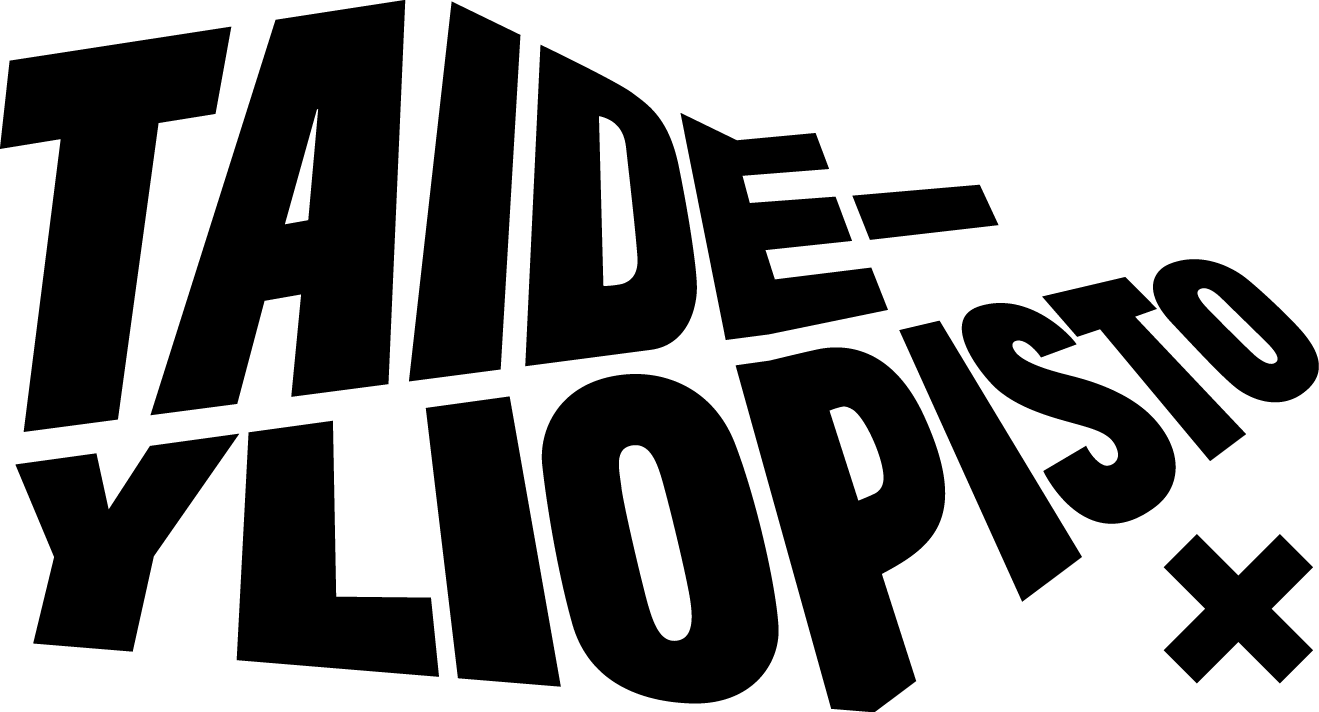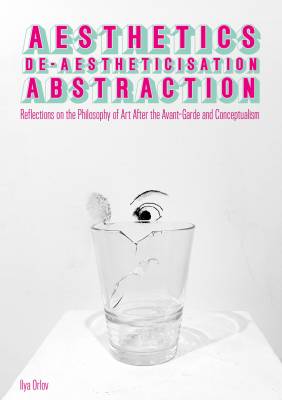Art theory is not an explanation of art, but rather its highest implementation. This Hegelian thought seems more an expression of the desirable than a description of the real when it comes to contemporary art: neither post-Kantian and phenomenological approaches, nor the various cultural and visual studies that have dominated the field in recent decades, have demonstrated their suitability for dealing with anything other than the representational and sensible aspects of today's art. Proceeding from the hypothesis that the crux of the matter lies in the under-researched tension between German aesthetics and the ‘anti-artistic', ‘de-aestheticising' and ‘radical abstraction' programmes of the avant-garde and Conceptual art, this study seeks to contribute to the development of a philosophical discourse that is capable of engaging with contemporary art in its ontological aspect.





